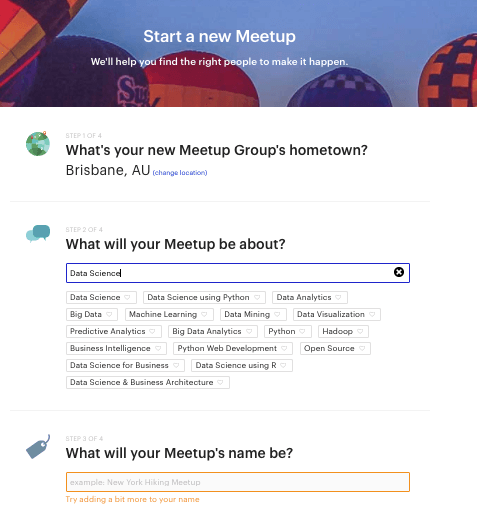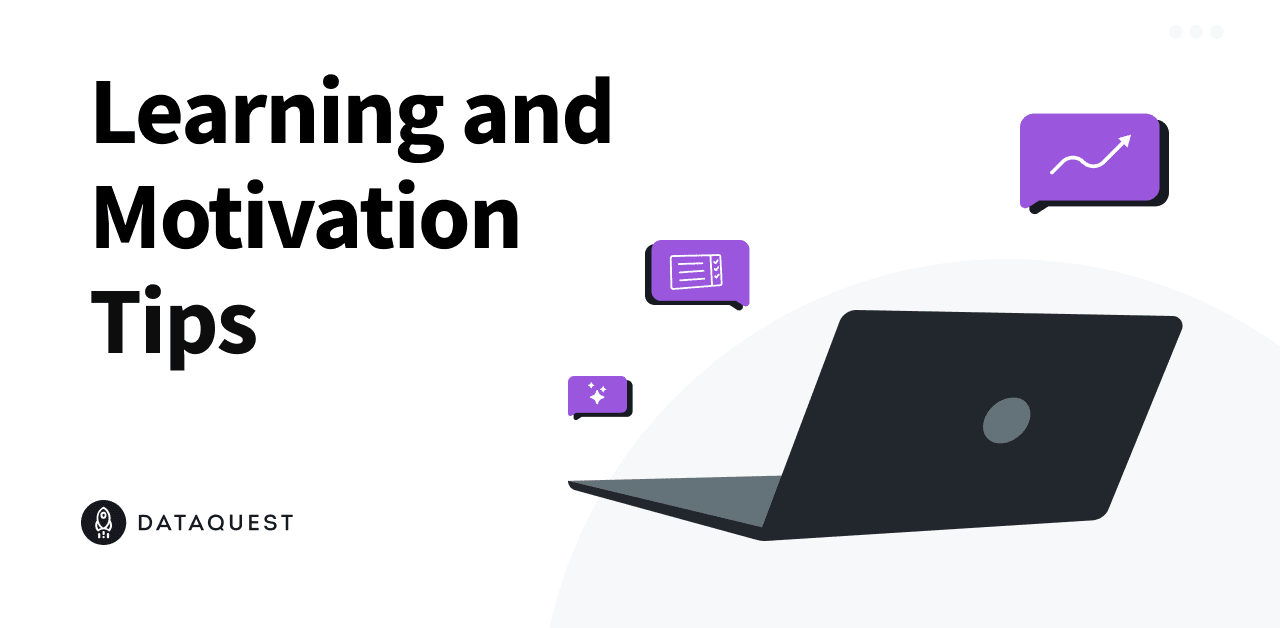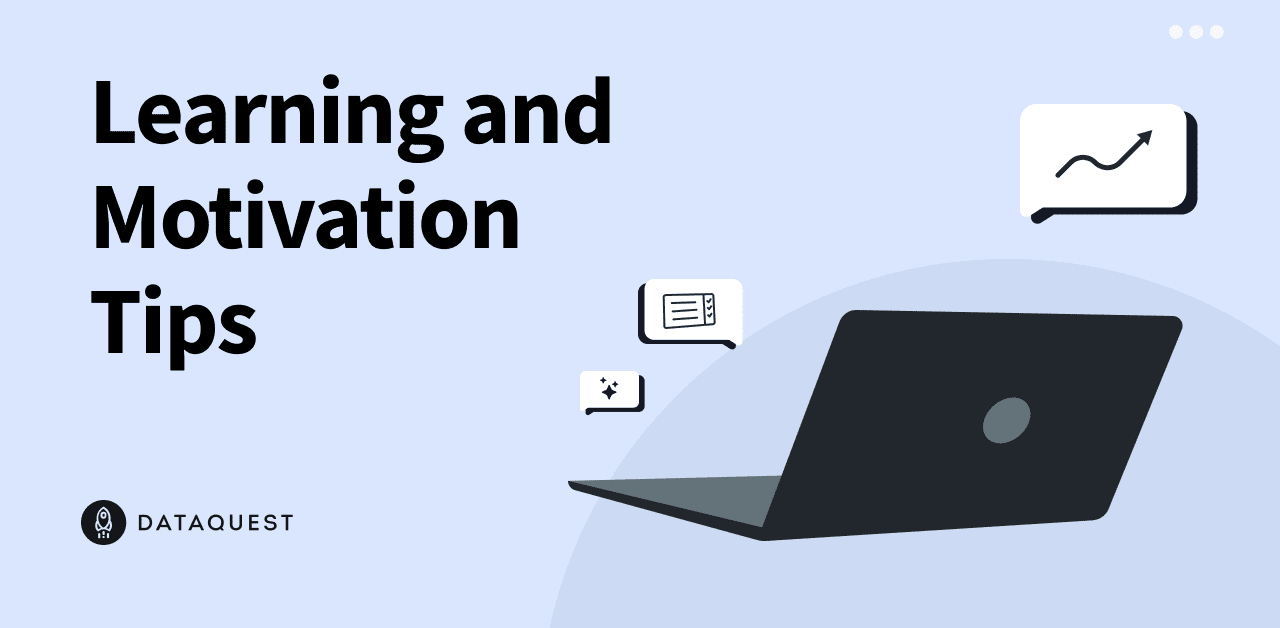How to Start a Data Science Meetup
Meetups are great tools, you're able to meet people in the field, keep up on industry news, and learn how to 'talk the talk.' Before I started attending meetups I wasn't aware of just how much I didn't know and still had to learn, let alone what was missing in how I wrote code and performed my analyses. Attending meetups has helped me more than I expected in my career—both in what I've learned, and providing opportunities for networking.
When I wanted to learn more about data science, I looked for a local meetup. There wasn't one in my city, Brisbane, Australia. I had looked around and found there were events organised for R, Python, Tableau, machine learning and AI, statistics, business intelligence, and so on. All the separate, atomic elements of data science, but nothing about data science itself. There was, however, plenty of interest expressed via meetup.com (the site shows the popularity of searches without corresponding groups). Since no one else was doing it, I decided to go ahead and start one myself.
It has been a lot of hard work, but an excellent learning experience. I've learnt a lot about data science, the people working in the field in my region, and picked up more industry concepts and ideas than I had managed through individual study.
In this post, I'll go over how I organised a meetup, the challenges I faced, mistakes I made, and suggestions for anyone wishing to do the same.
Before continuing, let's go over the Meetup website. Meetup allows someone to search for groups by topics and name, as well as see what groups their fellow members may be attending.
For an organizer, it allows the creation of a meetup group, posting event details, messaging members, and other such functionality. There is a cost involved of about $15.00 to set up a meetup, but I recommend you investigate the pricing on your own as it can vary by locality.

How to organise a meetup - broad strokes
There are three things I consider necessary, as a minimum, for a meetup to happen:
- A time
- A place
- A presentation
The time and place go hand in hand, but I will address them separately as they carry their own considerations. They are also the easiest parts to set up. Arranging consistent presentations, however, can be an ongoing challenge. More on that later.
Picking a time for your meetup
The initial setup for the meetup is a fairly straightforward process via meetup.com. I created my group/page there, entered my credit card details, and selected a recurring date for the event. For my data science meetup, I chose the second Thursday of every month, making it easy for attendees to remember. Most of the developer meetups in Brisbane use this kind of regularity, and it works well for them.
Doing this is rather painless on the Meetup website, as it allows you to set up repeated events easily. I do recommend simply setting up the recurring event and modifying as you need to. You may have to change the date or time of a particular event. In my case, there were a couple of second Thursdays that were unavailable. Most recently, due to an overbooking, I had to change a date, thankfully over a month in advance. The great thing about Meetup is that you can message all members of your group to alert them to any changes. You can also post changes in the event description.
With time sorted, let's look at figuring out where to hold your meetup.
Choosing a place for your meetup
Finding a regular venue follows the same general logic as having a regularly scheduled event: people knowing when and where.
I approached various venues where I had attended meetups before. This included the local Deloitte and Microsoft offices, various shared workspace venues, and a couple of local cafés that offered presentation space. I contacted most venues via their company website, or emailed their administration office. The café I simply walked into and asked if I could speak with their manager or whoever was appropriate for event enquiries.
The first to respond to my queries with a potential yes was Fishburners, one of the local shared workspace venues. They are rather keen on having their event space used and are happy to let you use it free of charge and only ask that you include a provided paragraph in your event information. They were also kind enough to sponsor the event with beer and pizza for the first couple of meetups. We will cover sponsorship in more detail later in the post.
Depending on where you live, there may be different options to consider in regards to venues. Brisbane has over 2 million residents, a busy central business district, and various other satellite towns/suburbs. We have also seen an emergence of shared workspaces, which made the search easier in my case.
When attempting to find a location, I would recommend the following, in this order:
- shared workspaces
- local offices of analytics companies
- local offices of technology companies
- cafés with presentation space (ideally near to business area of town)
- community halls and similar
The reason I have laid them down in that particular order comes down to my personal experience with meetups and the likelihood that they will have appropriate audio-visual setups for presentations. If you have your event in a community hall, for example, you may have to bring your own projector and other equipment. Regardless of where you host it though, I do recommend bringing a laptop along with PowerPoint installed so that any presentation can get up and running nice and quick. This is something you can sort out when you initially visit the space, in terms of what they have available.
Ask around at various locations, tell them when and how often you will hold your event, and update your event page as you go. You may have to change your date and/or time depending on the venue, but if you do it at the start, people will understand that you’re still setting things up. Once you’ve started, though, try to keep the date and time consistent.
As mentioned previously, I have had a couple of issues with my venue and getting the booking dates/times I preferred. The most serious one was when they had overbooked their space and would not be able to accommodate a much larger group and my meetup. Thankfully this was with just over a month's warning and I changed the date to the Tuesday of the same week. I messaged all my attendees through meetup.com to let them know, and mentioned it in my event description. Just remember to be generous towards your hosts and make sure what you write reads as an honest mistake.
How can you reduce the probability of scheduling mishaps? Book as far in advance as you can. I now make sure I always have the next 12 months booked at my venue. You may or may not be able to do this, depending on your venue, but it's something worth asking about.
Now you have a venue, date, and time, but you still need content for your meetup.
Finding presentations for your meetup
Here is where things got tricky and the most likely source of ongoing effort for the meetup: What is going to happen? What will we do?
I decided to directly approach potential speakers to present at the meetup. I was lucky in having seen some excellent presentations by various Institute of Analytics Professionals of Australia (IAPA) members at a chapter meeting a few months before. I also knew a couple people who worked in interesting areas of data science or data science-related fields.
I suggest you do the same, and network to find presenters. You will be surprised at how many people are happy to help out in the community by lending a bit of their time. Other ways to find speakers include:
- putting out a call for speakers in your event description
- asking attendees if they'd like to present, and asking for topic suggestions
- attending other meetups
- reaching out via LinkedIn and other social networks
One piece of advice I wish to offer regarding the presentations: find a general theme to thread through all or most your events and let your potential speakers know. Consider what might be missing given the other events and meetups in your area and fill that gap. This will allow you to differentiate your events and stand out once word of mouth gets around.
When I had a look at the different data science related meetups in Brisbane, I noticed that there really wasn’t anyone focussing on actually communicating data science. The other meetups focussed on the tools used, algorithms and methods of analysis, and generally how to do it, but now how to talk to other people about. No one was looking at how you take your findings and present them to the people who will be making decisions. Nothing on how to tell the story that will take your results, stick in someone’s mind, and help shape decisions. So I chose to build my meetup around a theme of communication.
Other Considerations
Try to find a sponsor or two in the industry that would be interested in paying for food and drink in exchange for having their logo and company description on your Meetup page as well as a shout-out at the start of the event. For them, the benefit is in having the company image going out for cheap and to the kind of people they would be interested in hiring. For yourself? You’ll be making contacts and some of the right kind of noise. More people will be aware of your Meetup and you can always ask them to connect with you on LinkedIn or similar. It’s rather a win-win.
Finding a sponsor can be tricky but it comes down to approaching them and asking. The organiser of the local chapter of the IAPA happens to be the CEO of a business intelligence company, Catapult BI. I asked him through LinkedIn if he would be interested in sponsoring the event. While I waited for a response I called a couple of other analytics and data science companies and asked who I would need to speak to regarding potential sponsorship for the event. I approached, and left enquiries with, about nine different companies.
Eventually, I ended up with two sponsors: Catapult BI and AARNet. They alternate sponsorship on a monthly basis and I correspond via email with them to organise pizza and drinks. I have a regular order set up with a local pizza place, confirm it the day before the event, and provide the email address for whomever is organising the payment at Catapult BI or AARNet. The logistics may vary depending on other sponsors you may find, but this has proven to work for us so far.
Keep in mind that sponsors will need advance notification of your event. Don't assume that by telling them "It's on the second Thursday of every month", they will be ready to provide sponsorship on short notice. I made this mistake and had an event with no pizza available. It wasn't as bad as I thought it would be, my attendees were quite understanding, but now I know to contact sponsors at least two weeks in advance and ask them if they are ok to sponsor the next meetup. If you are lucky enough to find more than one, make sure you speak to all of them and arrange a suitable rotation for sponsorship.
My first meetup went well, what next?
Keep going. Find more speakers, build a community (set up a Slack group or similar), continue attending related meetups (machine learning, statistics, python, R, visualisations, etc), and connect with other organizers. While hard work, these steps will allow you to network, learn, and get your name out there. You can even ask fellow organizers to plug your meetup (just be ready to return the favor).
Along with attending related meetups, I recommend finding a bigger software development meetup (I personally attend the .Net one in Brisbane). As a data scientist, being able to work with developers will give you a leg up on the market.
Further considerations
To reiterate the above points, and add some new ones, in no particular order:
- Ask your attendees and speakers if they know anyone who would be interested in presenting.
- Go to other meetups to find out what the scene is like and what else is involved in one.
- Ask organisers or other meetups for advice when starting out. They might be able to give you pointers specific to your area.
- Try to book speakers/presentations in advance. Don't just do it month by month. A three month buffer should be good and most people will know what they are doing over the next quarter.
- Look through LinkedIn for sata acientists in your area who might be interested in presenting.
- Keep in contact with any sponsors or potential sponsors regarding the meetup.
- Keep the events page up to date with any changes.
- Book the event space as far ahead into the future as possible to avoid having to use a date other than what you would prefer.
- Talk to your attendees as to what they might like to get out of coming to the meetup. They will probably have some ideas that can be implemented later.
- Don't worry if you don't get too many people attending at first. It can take a while for something like this to pick up steam.
I want to stress the last point: Some people may become regulars and come to all, or most, of the events. Some will come to only the ones that they are interested in. Depending on where you are and what the population is like, this may affect attendance as well.
For guidance on organizing events and using the Meetup site, check out my meetup at Brisbane Data Science Meetup.
Other data science meetups in Brisbane have failed, leaving me to wonder if I've just been lucky or if I've done something to make mine succeed. I've been told by fellow organizers that two things are key to ongoing success:
- I am still going. Other meetups/organisers have given up early on and didn't necessarily display a high level of enthusiasm towards running the events.
- I have a theme I try to adhere to.
Eventually you might consider using your meetup to run other kinds of events:
- Discussion Panels: Pick a topic and get some experts to come weigh in, allowing for Q&A from the audience.
- Tutorial Sessions: Choose a technology or methodology your members may be interested in learning more about or that may pull more members in.
At the moment, I'm considering setting up a Data Science Hackathon. This will be challenging, but I have connections through my networking that may be able to sponsor such an event. I put the idea to my meetup members, and have received a lot of positive responses—from suggestions to interest in helping organise it. It always helps to bring your ideas to the group.
Final thought
Starting my meetup has allowed me to learn the data science lingo necessary to take part in discussions out in the field. That is the real beauty in hosting your meetup—as it grows, you will grow along with it.

